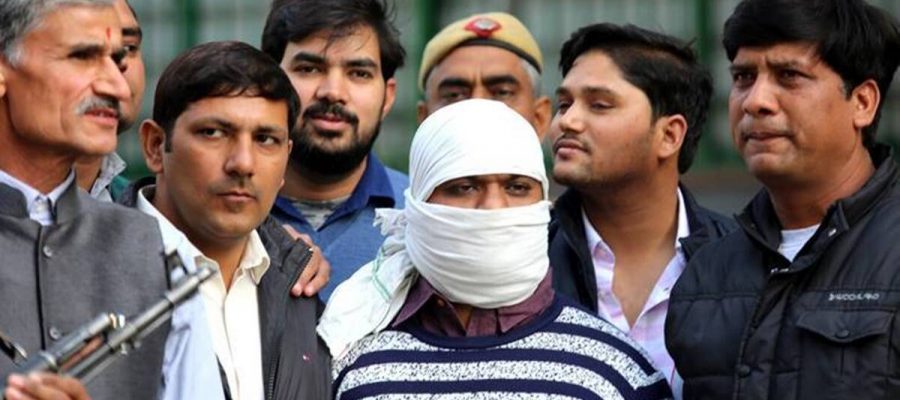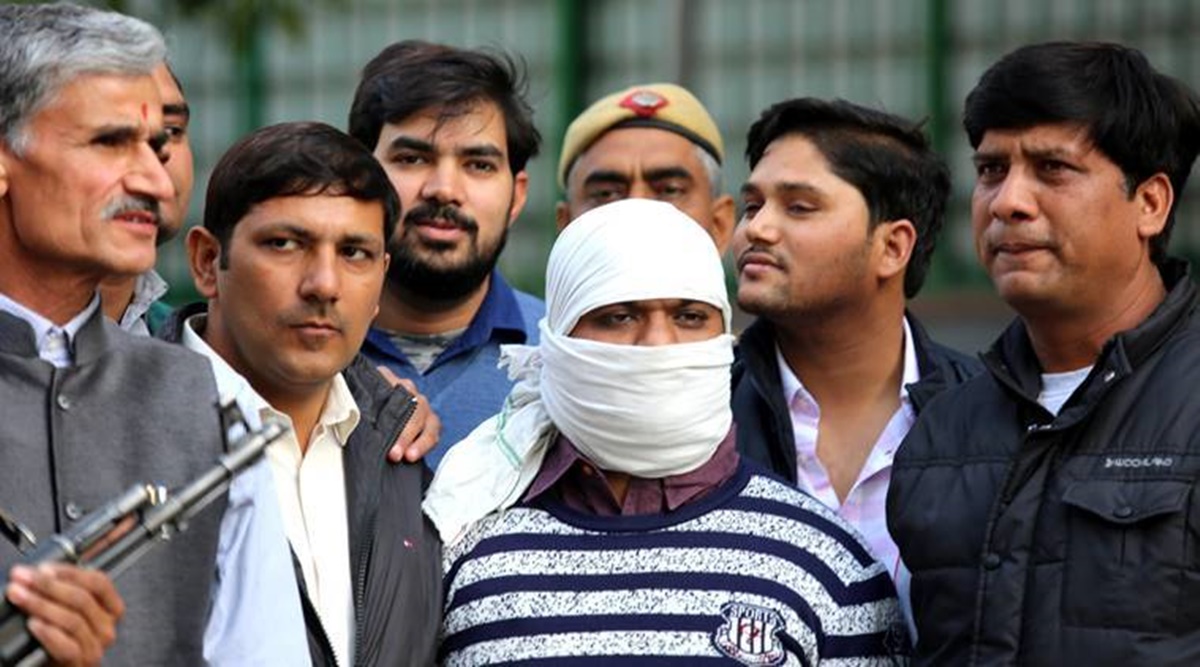"If police officers are allowed to be murdered… and law does not express its strongest condemnation by way of extreme penalties, then justice to those who are called up to defend justice would fail," the prosecution told the court.
A Delhi court has awarded the death penalty to a convict in the Batla House encounter case, observing that the murder of Inspector Mohan Chand Sharma fell into the rarest of rare category.
Ariz Khan was sentenced to death by Additional Sessions Judge Sandeep Yadav. While demanding the death penalty, the prosecution had argued that the convict is a “menace to the society and would continue to be so, threatening its peaceful and harmonious coexistence.”
Additional Public Prosecutor AT Ansari told the court that this was a gruesome murder of a law enforcement officer and defender of justice while discharging his lawful public duty, and therefore, a serious exercise must be undertaken for determining the quantum of sentence.
“If police officers are allowed to be murdered by the designer of murder and law does not express its strongest condemnation by way of extreme penalties, then justice to those who are called up to defend justice would fail. This facet of social justice in certain circumstances demands death penalty,” Ansari told the court.
Ansari told the court that the accused has been convicted of killing an on-duty police officer, and attempting to murder another police personnel, Head Constable Balwant, who was also discharging his duties. “This peculiar fact of the case undoubtedly brings the case in the category of the rarest of the rare and calls for only the death penalty, as it shook the conscience of the society,” Ansari told the court.
The prosecution contended that while the accused was “involved in several bomb blasts in Delhi, Jaipur, Ahmedabad, and UP, in which several innocent citizens of this country were killed, convict still continued to commit a murder of police officer.”
The prosecution argued that the “suffering of the family of the victim is also an important factor which needs to be given due weightage while determining the quantum of punishment to be awarded to the convict.”
Ariz’s lawyer, MS Khan, had pleaded for a lenient sentence before the court.
On March 8, the court convicted Ariz, observing that he was a “trained criminal” and not “an ordinary individual and that he “intentionally and knowingly committed murder” of deceased Special Cell Inspector Mohan Chand Sharma during the encounter.
Ariz has six pending cases against him in Delhi, where trial is underway. His lawyer MS Khan told The Indian Express that these are cases related to the Delhi bomb blasts and a NIA case related to the larger conspiracy. Furthermore, there are multiple cases lodged against him in multiple states, in which he is yet to be arrested.
Khan, who was on the run for a decade before he was arrested by the Delhi Police Special Cell in 2018, has been convicted under sections of 302( Punishment for murder), 307 (Attempt to murder), 333 (voluntarily causing grevious hurt to deter public servant in the discharge of his duty), 186 (Obstructing public servant in discharge of public functions), 353(Assault or criminal force to deter public servant from discharge of his duty), 174-(a) (Non-appearance in response to a proclamation under section 82 of Act 2 of 1974) and 34 (common intention) of the Indian Penal Code IPC and under sections 27 Arms Act.
On September 13, 2008, serial blasts had rocked Delhi, in which 39 persons were killed and 159 injured. On September 19, Inspector Mohan Chand Sharm got information that the persons involved in the blast, alleged to be Indian Mujahideen members, were residing at a building in Batla House in Jamia Nagar.
As the police team entered the house, they were fired upon, and Sharma died in the encounter. Two accused persons sustained bullet injuries and died during treatment, while the two others managed to escape.
One of the accused, Shahzad Ahmad, was arrested in 2010 and sentenced to life imprisonment in 2013.
Source: Read Full Article


